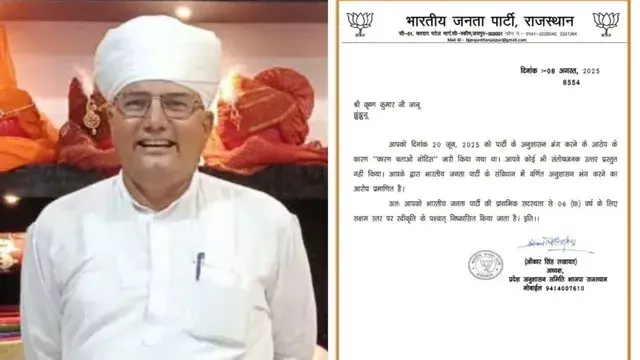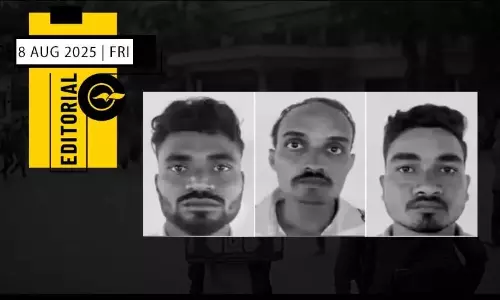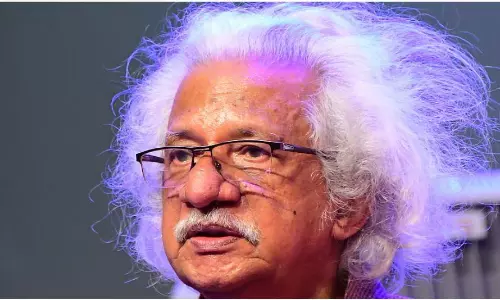
Govt’s defence of Muslim figure exclusions questioned as Hindu rulers remain in syllabus
text_fieldsDespite the Union government’s justification that the expulsion of notable historical figures like Tipu Sultan, Haider Ali, and Nur Jahan, along with the Anglo-Mysore conflicts, from the Class 8 history textbook of the NCERT was intended to provide a broad overview of Indian civilisation, lessons about Rani Durgavati, Ahilyabai Holkar, and Rani Abbakka I still remain in the textbook.
The Union government has defended the removal of content related to these Muslim rulers, stating that the revised syllabus aims to offer only a broad overview of Indian civilisation from prehistoric times to Independence.
The Education Ministry explained that the figures included in the textbook were selected in alignment with curricular objectives and thematic relevance, following the broader structure of the revised curriculum for Classes 6 to 8.
The changes drew criticism last month when the newly released Class 8 social science textbook omitted references to notable historical figures like Tipu Sultan and Haider Ali, along with the Anglo-Mysore conflicts.
Despite the exclusions, the revised textbook continues to cover a range of personalities under four integrated themes – India and the World: Land and the People; Tapestry of the Past; Governance and Democracy; and Economic Life Around Us – and includes historical women such as Rani Durgavati, Ahilyabai Holkar, Rani Abbakka I, and Begum Hazrat Mahal.
The government clarified that while the textbook introduces new pedagogical approaches and refined classroom practices, the decision to exclude certain historical figures is in line with a focused syllabus and thematic structure. With education being a concurrent subject under the Constitution, the government also noted that state governments have the flexibility to adopt, adapt, or develop their textbooks, thereby allowing them to include regionally significant personalities and events.
The restructuring of the history curriculum has also led to a timeline adjustment, as content on the Delhi Sultanate and the Mughals, previously featured in Class 7, has been shifted to part one of the new Class 8 textbook, given that the revised Class 7 history syllabus now ends before the 12th century.























